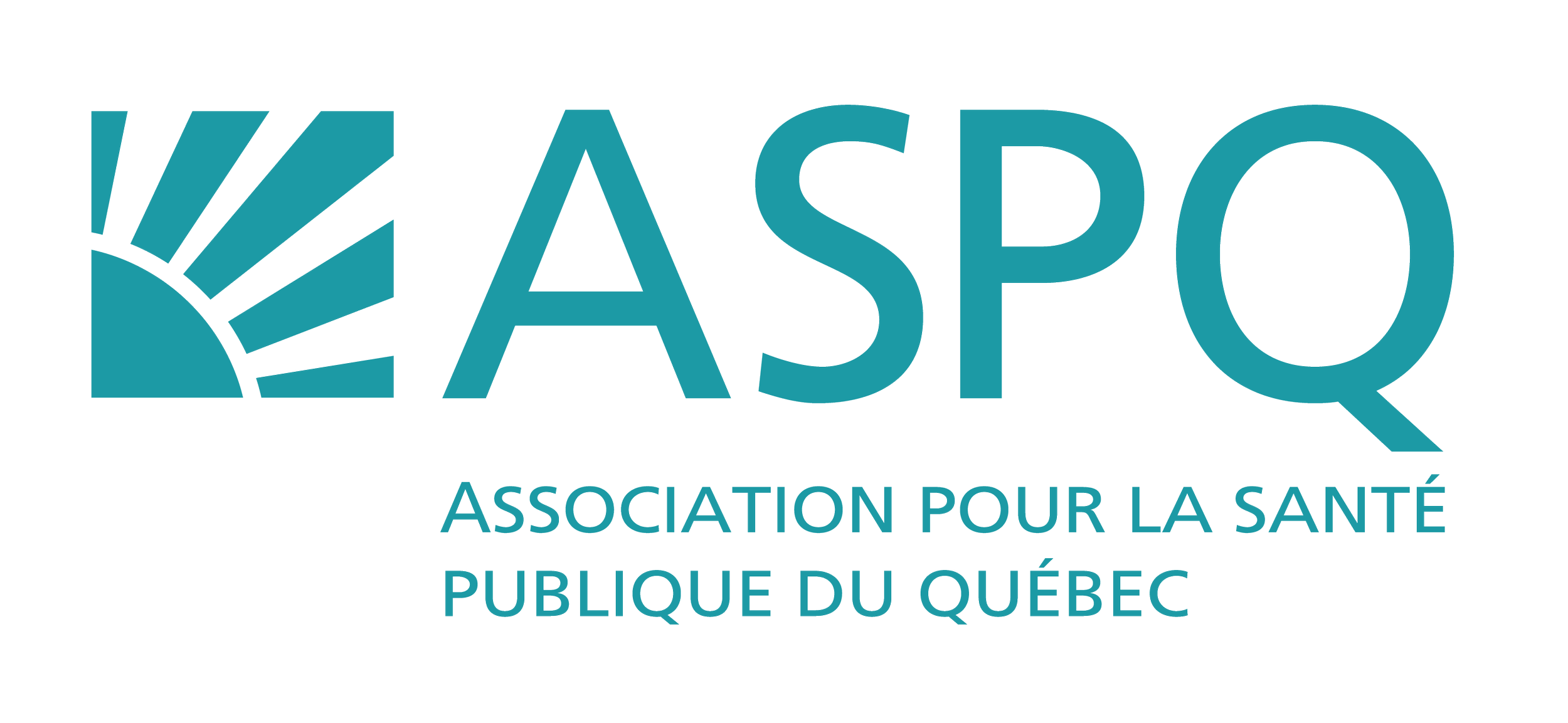Health Programs
Health is central to the wellbeing and resilience of people and communities — and a thriving society depends on well-functioning, equitable, and sustainable health systems. We recognize that health outcomes are shaped not only by the quality of the medical care we receive, but also by social inequities that exist in our communities, environmental conditions in which we live, and the impact of the climate crisis. We take a broad approach to addressing these interconnected challenges by working to improve access to care for marginalized populations, accelerating climate solutions in healthcare, and strengthening the capacity of leading health institutions.
We focus our efforts through three funding streams:
Health x Climate: This program works to decarbonize the Quebec healthcare system, so that our medical institutions aren’t contributing to climate change and the accompanying health challenges.
Community Health: This program aims to increase access to primary care for marginalized populations and strengthen their resilience to climate change.
Institutional Health: This program supports four Montreal health centers to improve patient care and conduct world-class research.
Together, these programs aim to advance a healthier, more equitable, and climate-resilient future.
Our focus areas
Health x Climate
This Health x Climate (HxC) program works to advance our understanding of, and action at, the nexus of the climate crisis and human health. Climate change impacts human health in multiple ways, including through disease, climate disasters, weakening healthcare infrastructure, and worsening existing health inequities. At the same time, the healthcare sector itself is a significant contributor of GHG emissions (approximately 4% of GHG emissions in Québec and 5% in Canada), with opportunities to reduce emissions through improved medical practices, technology innovations, buildings retrofits, electric vehicles and responsible investing.
Granting Approach
The HxC program focuses primarily on reducing GHG emissions within Quebec healthcare system. We also aim to leverage our limited funding to help unlock and scale the best low-carbon practices in the healthcare sector, so that they may be replicated across the province and the country.
The HxC program uses primarily pro-active granting to achieve its objectives. In this approach, TFF staff identify and analyze the gaps and barriers to mitigating GHG emissions and improving resiliency in the healthcare sector. We then seek out partners to strategically develop or support projects that accelerate innovative climate solutions in this space.
The HxC program also accepts a small number of reactive grants, in which organizations may apply for funding for projects that align with the priorities of this program. *Note: As of October 3, 2025, our online application portal is temporarily closed to new applications so that we may make important improvements to our grantmaking processes and application system. The portal will re-open no later than March 31, 2026.
HxC Focus areas
- Mobilizing key actors and decision-makers to incorporate net-zero objectives within the Québec healthcare sector. For instance, supporting initiatives to phase out GHG-intensive anesthetic gases in favor of lower-impact alternatives, while creating economies of scale.
- Supporting major health institutions in Québec to measure their carbon footprint and develop climate plans, so they are better equipped to continuously improve practices in ways that are not GHG-intensive.
- Supporting hospital foundations to integrate responsible investment practices within their assets.
- Supporting the broader community of healthcare professionals to better coordinate and integrate low-carbon and resilience practices.
What we do not fund
- Research initiatives in the healthcare sector, including research regarding decarbonization pathways.
- Research on the health impacts of climate change.
- Large-scale building retrofit projects within health institutions.
- Projects that serve health institutions outside of Québec.
- Major campaigns for hospital foundations, including those for decarbonization efforts.
Recent projects and grants:
Association pour la santé publique du Québec (ASPQ)
The ASPQ are experts in Environmental Health. Our work with them will advance public health and climate action as a key driver for a healthier, climate-resilient society. To do this, we aim to 1) accelerate activities that will lead to GHG reductions, and eventually, carbon neutrality in the healthcare sector, 2) support climate adaptation in the healthcare sector, 3) strengthening intersectoral collaboration for a global approach to planetary health.
Canadian Association of Physicians for the Environment (CAPE) and Synergie Santé Environnement
This project will provide capacity building support for most major health institutions in the Greater Montreal Area so that they may develop their own GHG inventories. The project will produce a roadmap for the participating health institutions to help them to determine the best course of action to reduce their carbon footprint and improve their resilience.
Clean Economy Fund, the Canadian Coalition for Green Health Care, Quinn & Partners, PEACH and the Canadian Climate Law Initiative
This project will provide capacity building support to foundation boards across Canada so that they are empowered to align the capital they manage with their foundation’s health-focused missions using sustainable investment practices. With expert guidance and tools created by a community of practice, board members and decision-makers will gain access to essential resources to discern and integrate environmental, social, and governance (ESG) factors into their investing practices.
Community Health
The Community Health program supports efforts to improve access to primary care for marginalized populations while strengthening community resilience to climate change. Many communities face systemic barriers to healthcare due to factors such as race, Indigeneity, migration status, housing insecurity, and gender identity. At the same time, climate change disproportionately impacts underserved populations, exacerbating health inequities.
Granting Approach
The Community Health program focuses on the province of Quebec. Funding aimed at improving direct service provision is limited to work within the Greater Montreal Area.
The majority of funding from this program is delivered through proactive granting. In this approach, TFF staff identify key gaps and barriers in healthcare access and climate resilience. We then seek out partners to develop or scale solutions that accelerate innovative solutions and drive meaningful impact.
A limited number of reactive grants are available for organizations proposing initiatives that align with the program’s focus areas. *Note: As of October 3, 2025, our online application portal is temporarily closed to new applications so that we may make important improvements to our grantmaking processes and application system. The portal will re-open no later than March 31, 2026.
Focus Areas
The Community Health program focus areas aim to improve health outcomes for historically marginalized communities and not the wider public. Our definition of marginalized communities includes Indigenous and racialized peoples, migrants, people experiencing homelessness, and members of the LGBTQIA2+ community.
1.Expanding access to primary care: We seek to increase access to primary care for historically marginalized communities in Quebec. We fund projects in three broad areas:
- Direct service provision: Supporting clinics and organizations that provide specialized primary care in community settings, with a focus on reducing barriers for marginalized communities. Funding in this focus area is limited to the greater Montreal area.
- Access to medical insurance: Strengthening networks and coalitions to expand access to insurance coverage for non-insured populations and services through advocacy and shared strategies.
- Equity-focused health care reform: Supporting efforts to embed culturally safe, anti-racist, and anti-discriminatory care within healthcare legislation as well as within the standards, training and delivery of health services.
2.Community Resilience to Climate Change: Supporting solutions that reduce the impact of climate change on the health of marginalized populations. This may include projects that support community resilience and help communities mitigate climate risks and strengthen local adaptation strategies.
What we do not fund
- Projects for groups outside the definition of marginalized communities.
- Projects that serve populations outside of Quebec.
- Funding for major healthcare facilities and hospitals. Limited funding is available for community clinics serving marginalized populations.
- Initiatives focused on a specific disease or illness.
- Individual health research projects.
- Major or capital campaigns.
Recent projects and grants:

Medecins du Monde
At least 50000 people in Quebec lack access to health insurance because of a precarious or irregular immigration status. Medicins du monde provides healthcare services to precarious status migrants through their specialty clinic. The majority of the people seen at the clinic are pregnant women and children who otherwise have no access to primary care.
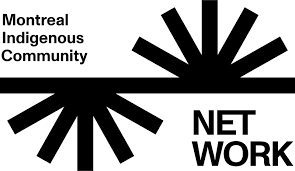
Montreal Indigenous Community Network
Indigenous health navigators help people reconnect with the healthcare system, providing critical information and accompaniment to appointments. This grant will help establish guidelines, best practices, and support for health navigators already working in a variety of Indigenous serving organizations in Montreal.
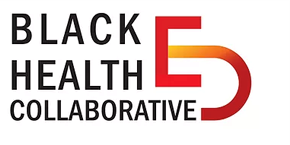
Black Health Education Collaborative
Anti-black racism impacts the health of black communities through a lack of information and knowledge in the healthcare system. The Black Health Education Collaborative seeks to equip medical professionals with the tools and information they need to provide accurate and safe care. This grant will promote the adoption of learning initiative to dismantle anti-black racism in medical schools in Quebec.
Institutions
Our Institutions program is dedicated to supporting health centers that play a vital role in patient care and innovative research. This program has two focus areas:
- Research excellence: Using a disease-agnostic approach, we support initiatives that strengthen innovative research and early career researchers. Funding may support matching or supplementary grants for external research competitions, as well as high-impact research that is otherwise considered too difficult or risky to secure funding.
- Enhancing patient care: We aim to support systemic innovations and emerging technologies that improve the overall healthcare experience.
Supporting Montreal’s health institutions has been a priority for the Trottier Family Foundation since our founding. Over the years, we have built strong, long-term partnerships with four key institutions:
- The Fondation du Centre Hospitalier Université de Montréal (CHUM)
- The Lakeshore General Hospital Foundation
- The McGill University Health Centre Foundation (MUHC)
- The Teresa Dellar Palliative Care Residence
From 2024-2027, funding in this program will be exclusively available to these organizations. By maintaining these strategic partnerships, we aim to maximize the impact of these institutions using the limited funds available in this program.
We are not currently accepting proposals from additional healthcare institutions at this time. Our Institutions program strategy will be reviewed in 2027.
Recent projects and grants:
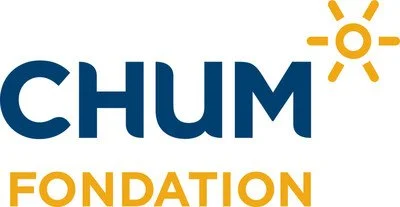
Fondation du Centre Hospitalier Université de Montréal (CHUM)
Tracking patients across different departments in a hospital is complex, and can lead to bottlenecks and inefficiencies. This grant will create a patient flow and coordination centre at the CHUM to track information about incoming, hospitalized, and outgoing patients across all units at the CHUM. In addition, the patient flow and coordination centre will link to referral hospitals to track incoming and outgoing transfer patients to provide optimal care continuity.
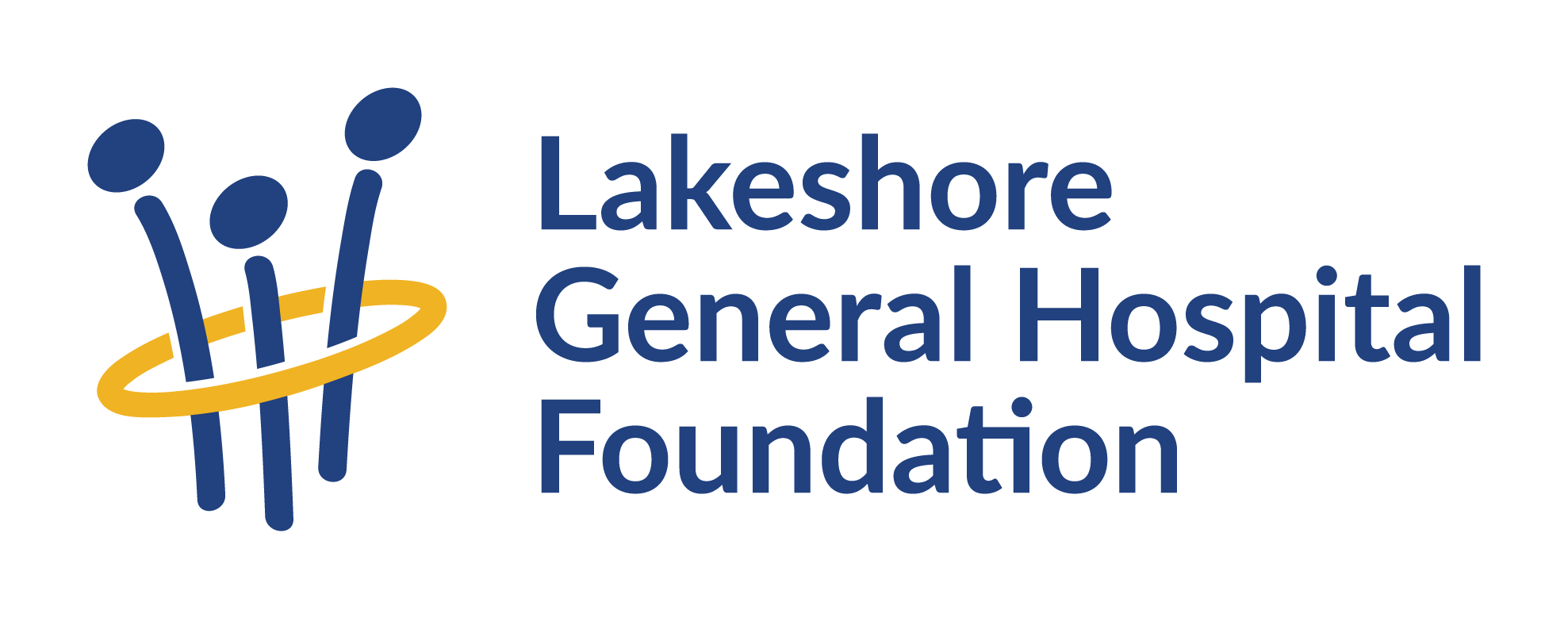
Lakeshore General Hospital Foundation
Digital medical records represent a major advancement in healthcare delivery, providing seamless information flow between clinical staff, labs, diagnostics and patients. This grant supports the roll-out of a harmonized electronic medical record at the Lakeshore General Hospital to modernize healthcare delivery across diverse units and clinics.
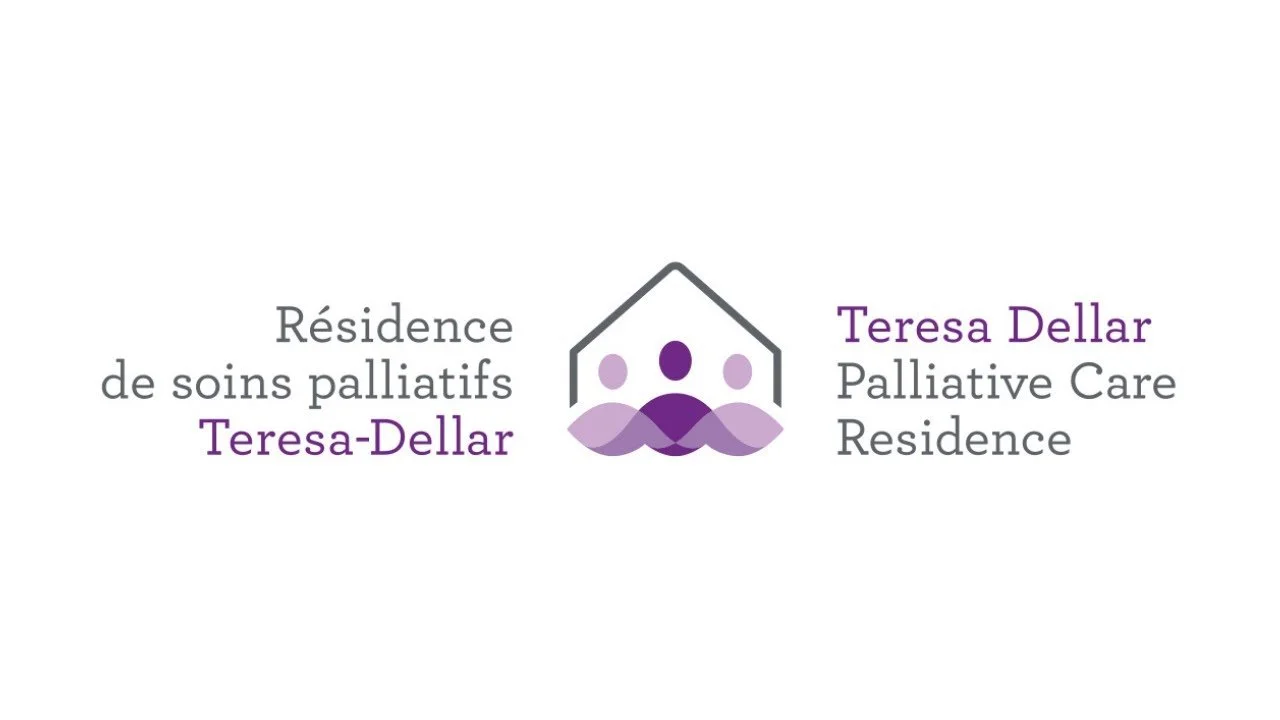
Teresa Dellar Palliative Care Residence
The Teresa Dellar Palliative Care Residence is a unique facility providing end-of-life care, free of charge. This grant provides operational support to the residence to provide direct care services, and to improve professional learning in palliative care across the sector.

McGill University Health Centre Foundation (MUHC)
Early-stage researchers often need additional resources to generate preliminary data or proof of concept in order to secure national health research funding. This grant provides stability for early career researchers who receive a high ranking by the independent peer-review committee at the Canadian Institutes of Health Research, but require additional time and resources to develop their projects and reapply for national funding.
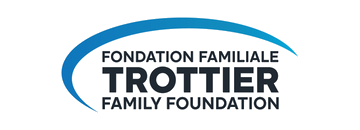

 Health x Climate
Health x Climate Community Health
Community Health Institutions
Institutions